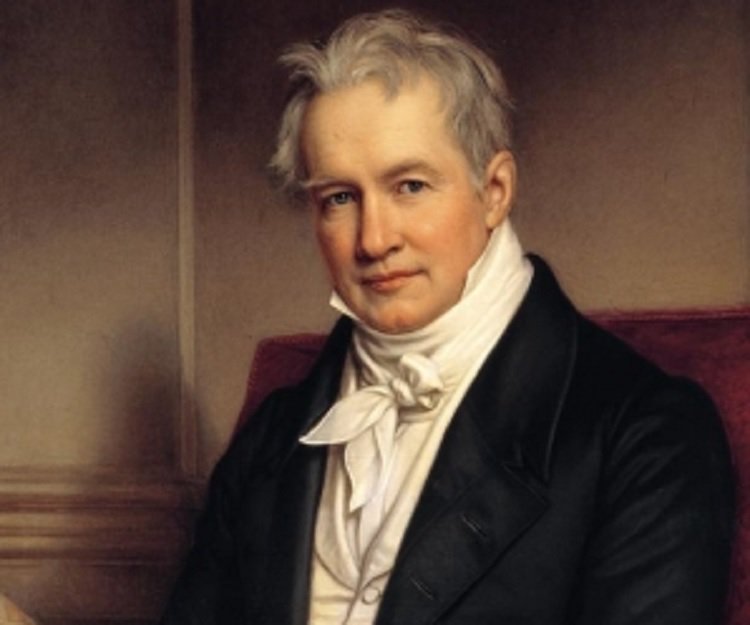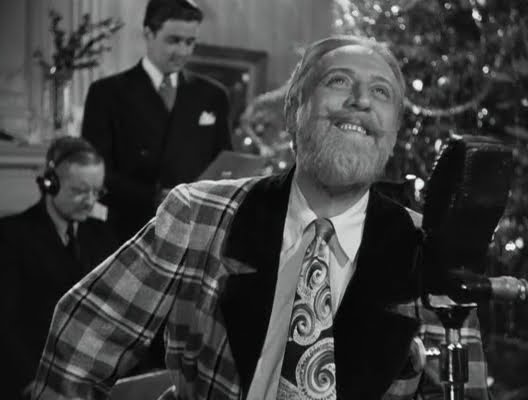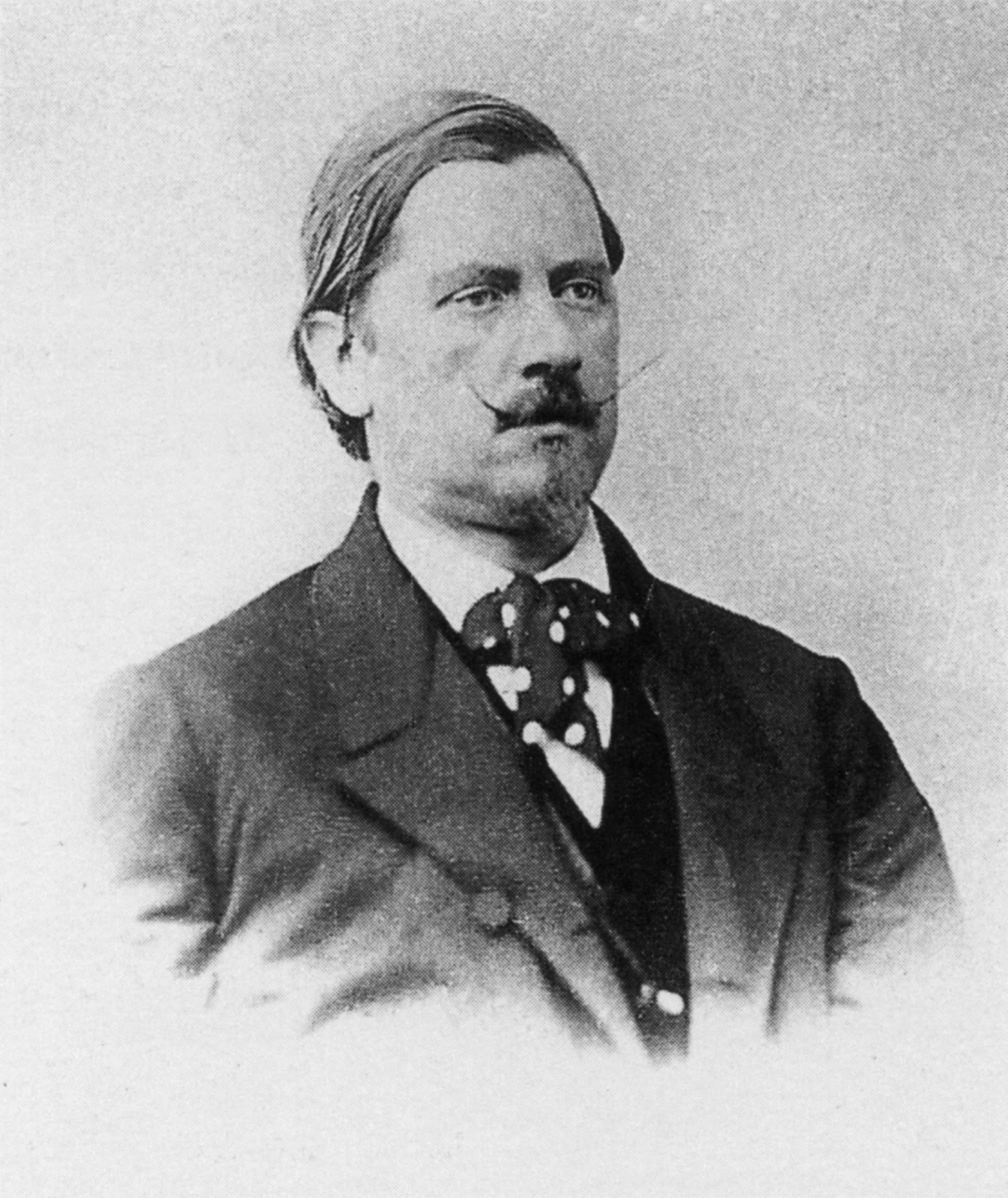|
Gay Wisdom for Daily Living brought to you by White Crane Institute ͏ ͏ ͏ ͏ ͏ ͏ ͏ ͏ ͏ ͏ ͏ ͏ ͏ ͏ ͏ ͏ ͏ ͏ ͏ ͏ ͏ ͏ ͏ ͏ ͏ ͏ ͏ ͏ ͏ ͏ ͏ ͏ ͏ ͏ ͏ ͏ ͏ ͏ ͏ ͏ ͏ ͏ ͏ ͏ ͏ ͏ ͏ ͏ ͏ ͏ ͏ ͏ ͏ ͏ ͏ ͏ ͏ ͏ ͏ ͏ ͏ ͏ ͏ ͏ ͏ ͏ ͏ ͏ ͏ ͏ ͏ ͏ ͏ ͏ ͏ ͏ ͏ ͏ ͏ ͏ ͏ ͏ ͏ ͏ ͏ ͏ ͏ ͏ ͏ ͏ ͏ ͏ ͏ ͏ ͏ ͏ ͏ ͏ ͏ ͏ ͏ ͏ ͏ ͏ ͏ ͏ ͏ ͏ ͏ ͏ ͏ ͏ ͏ ͏ ͏ ͏ ͏ ͏ ͏ ͏ ͏ ͏ ͏ ͏ ͏ ͏ ͏ ͏ ͏ ͏ ͏ ͏ ͏
|
|
||||
| This Day in Gay History | ||||
May 06Born 1895 - RUDOLPH VALENTINO (1895) romantic silent film actor, born Rudolfo Alfonzo Raffaelo Pierre Filibert Guglielmi di Valentina d’Antonguolla, Valentino was such a slab of packed beef that it’s difficult to know where fact begins and legend leaves off. His undeniable good looks and animal appeal, his foreignness in the land of the WASP, and the very plots of his films made women dream of submitting to the fate worse than death of Valentino would only draw his sword. And rumor had it that he wielded a weapon even longer than his name. But the press, and men in general, would have nothing of this un-American dream. He was ridiculed as a “pink powder puff,” and we all know what that means. The consensus is that Valentino was most likely gay. But there are those who disagree. The film historian Kevin Brownlow is one of them. In one of the strangest passages ever written by a serious scholar, Brownlow, who was born many years after Valentino died, tells us that the Latin Lover couldn’t have been “that way” since he had a sense of humor. Ummmm….what? Died 1859 - ALEXANDER VON HUMBOLDT, German naturalist and explorer, died (b: 1769); The one, the only the great. Perhaps one of my own favorite personages in this almanac. He was the younger brother of the Prussian minister, Wilhelm von Humboldt (1767-1835) Alexander von Humboldt's work on botanical geography is considered foundational to the fields of bio-geography, physical geography and meteorology. Von Humboldt is a prime example of a Renaissance man of the sciences, studying in astronomy, vulcanology, and geology. Thomas Jefferson called him, “The most important scientist I ever met.” 19th century Freethinker, Robert G. Ingersoll said, "He was to science what Shakespeare was to the drama." And of the panoply of LGBT this group covers, this editor would like to add this is one of his personal favorites. If he were alive today, he would be another candidate for "The Most Interesting man in the World" commercial. In the 19th Century, Alexander von Humboldt was one of the most famous men in Europe and is remembered for not only his own scientific achievement, but for his nurturing and mentoring of young, up-and-coming scientists. The American painter Rembrandt Peale painted him, between 1808 and 1810, as one of the most prominent figures in Europe at the time. There are a dozen species names in his honor and Humboldt Bay, California, Humboldt Park (in Chicago) are among dozens of other places and schools, are named after him in the U.S. Between 1799 and 1804, Humboldt traveled extensively in Latin America, exploring and describing it for the first time in a manner generally considered to be a modern scientific point of view. His description of the journey was written up and published in an enormous set of volumes over twenty-one years. He was one of the first to propose that the lands bordering the Atlantic Ocean were once joined (South America and Africa in particular). His five-volume work, Kosmos (1845), attempted to unify the various branches of scientific knowledge. Among his myriad accomplishments, Humboldt is considered to be the "second discoverer of Cuba" due to the scientific and social research he conducted on the island. During an initial three-month stay at Havana, his first tasks were to survey Havana city and nearby towns. He befriended Cuban landowner and philosopher Francisco Arrango y Parreno, and together they visited south Havana, the valleys of Matanzas Province, and the Valley of the Sugar Mills in Trinidad. Much of Humboldt's private life remains a mystery because he destroyed his private letters, but throughout his life Humboldt formed strong emotional attachments to men. In 1908 the sexual researcher Paul Näcke, who worked with sexologist and researcher Magnus Hirschfeld, gathered reminiscences of him from people who recalled his participation in the homosexual subculture of Berlin. A travelling companion, Francisco Jose de Caldas, accused Humboldt of frequenting houses where 'impure love reigned', of making friends with 'obscene dissolute youths', and giving vent to 'shameful passions of his heart'. Sounds like a man who knew how to have a good time. To the soldier Reinhard von Haeften he wrote: "I know that I live only through you, my good precious Reinhard, and that I can only be happy in your presence." He never married. He was strongly attached to his brother's family; and in his later years formed a matrimonial bond to an old and faithful servant named Seifert. Indeed, four years before his death, he executed a deed of gift transferring the absolute possession of his entire estate to Seifert. Edgar Allan Poe dedicated his last major work, Eureka: A Prose Poem, to von Humboldt. Charles Darwin makes frequent reference to Humboldt's work in his Voyage of the Beagle, where Darwin describes his own scientific exploration of the Americas. He went on to say, “He was the greatest travelling scientist who ever lived." – "I have always admired him; now I worship him." On, May 6th 2009, according to a press release forwarded by GayWisdom reader David Kerlick, (himself a Humboldt Fellow in Germany, 1975-1977), the Alexander von Humboldt Foundation officially commemorated its name-giver on the occasion of the 150th anniversary of the death of Alexander von Humboldt: “Together with Humboldt University and the Office of the Governing Mayor of Berlin, the Humboldt Foundation is holding a ceremony in the Senate Hall at Humboldt University. Following a welcome address by the State Secretary for Cultural Affairs in the Office of the Governing Mayor of Berlin, André Schmitz, the President of Humboldt University Professor Christoph Markschies, the Ambassador of the Republic of Chile, Professor Álvaro Rojas Marín, and the President of the Humboldt Foundation, Professor Helmut Schwarz, will read from Humboldt’s writings. The ceremonial address, “The Brightness Of The Stars – Alexander Von Humboldt Narrating The World & The Universe,” will be held by the Honorary President of the Humboldt Foundation, Professor Wolfgang Frühwald. “ Virtually every time you see the name "Humboldt" on something, it is named after this man who loved men. 1963 - MONTY WOOLLEY, American actor, died (b: 1888); Born Edgar Montillion Woolley in New York City, Woolley was a professor and lecturer at Yale University (one of his students was Thornton Wilder) where Cole Porter was an intimate friend and classmate. He began acting on Broadway in 1936. He was typecast as the wasp-tongued, supercilious sophisticate. His most famous role is that of the cranky radio wag forced to stay immobile because of a seemingly-injured hip in 1942's The Man Who Came to Dinner, which he had performed onstage before taking it to Hollywood. In the film, he caricatured Alexander Woollcott, a radio and press celebrity of the 1930s and 1940s. Like Clifton Webb (another larger-than-life personality), Woolley signed with 20th Century Fox in the 1940s and appeared in many films through the mid-1950s. He played himself in Warner Brothers' highly fictionalized and execrable film biography of Cole Porter, Night and Day (1946), which left out Porter's (and Woolley's) sexuality. Woolley and Cole Porter enjoyed many amusing disreputable adventures together in New York and on foreign travels. According to Bennet Cerf in his 1944 book Try and Stop Me, Woolley was at a dinner party and suddenly belched. A woman sitting nearby glared at him; he glared back and said, "What did you expect--chimes?" Cerf said that Woolley liked his own impromptu line so much he insisted that it be added to the script of his next stage role. Noteworthy | ||||
|
|8|O|8|O|8|O|8|O|8|O|8|O|8|O|8| Gay Wisdom for Daily Living from White Crane Institute "With the increasing commodification of gay news, views, and culture by powerful corporate interests, having a strong independent voice in our community is all the more important. White Crane is one of the last brave standouts in this bland new world... a triumph over the looming mediocrity of the mainstream Gay world." - Mark Thompson Exploring Gay Wisdom & Culture since 1989! |8|O|8|O|8|O|8|O|8|O|8|O|8|O|8| | ||||
|
|||||
|





